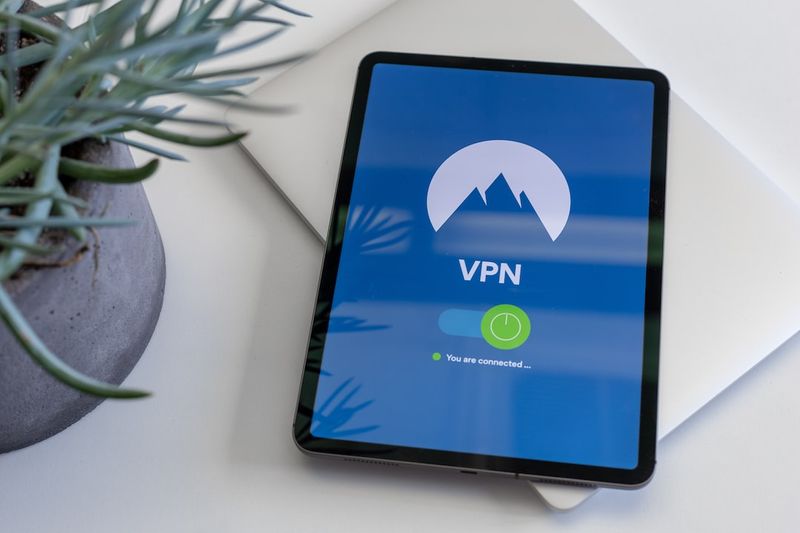NSO Group Faces Existential Crises Amidst Ongoing Controversies
NSO Group, an Israeli firm known for creating and selling the powerful zero-click spyware tool Pegasus, is currently facing a number of existential crises. The company has been blacklisted by the US government since November 2021 for its role in creating and selling surveillance tools that have been used to target and track individuals such as government officials, human rights workers, journalists, activists, academics, embassy workers, and businesspeople worldwide. This blacklisting has severely restricted NSO Group’s ability to operate by banning the transfer of US technology to the company.
In December 2021, NSO Group faced further scrutiny when its spyware was discovered on the phones of at least nine US State Department employees, further straining its relationship with the Biden administration. In addition to these challenges, NSO Group is also contending with a growing number of lawsuits. One notable lawsuit filed by Hanan Elatr, the widow of murdered Washington Post journalist Jamal Khashoggi, accuses NSO Group’s Pegasus spyware of violating US hacking laws in tracking the couple leading up to Khashoggi’s killing in 2018. Elatr claims that the spyware caused her immense harm and loss of safety, privacy, autonomy, financial stability, and career.
Legal Troubles Mount for NSO Group
Besides the lawsuit filed by Hanan Elatr, NSO Group is facing other deep-pocketed legal foes. In November 2021, Apple filed a lawsuit against the company for targeting its users with Pegasus spyware, which continues to be used in ongoing attacks. Furthermore, in January, the US Supreme Court denied a petition to block a suit filed by Meta-owned WhatsApp, seeking damages from NSO Group for its spyware.
Enterprising Investors Emerge Amidst Challenges
Despite the legal, business, and brand challenges facing NSO Group, a group of enterprising investors, including individuals like Robert Simonds, a US investor known for producing Adam Sandler movies, and William “Beau” Wrigley, the heir to a chewing-gum fortune, are reportedly considering purchasing NSO Group’s assets. However, concerns have been raised about the potential ramifications of placing such powerful surveillance technology in the hands of individuals without deep expertise in the cybersecurity industry. It is crucial to ensure that any potential acquirer of NSO’s assets possesses the necessary expertise to handle the technology responsibly, maintain appropriate safeguards, and prevent potential misuse.
It is worth noting that previous attempts to buy control of Pegasus have faced obstacles. Last year, L3Harris, an American company and US defense contractor, explored a possible purchase but faced objections from the White House due to serious counterintelligence and security concerns. Furthermore, the Israeli government closely regulates NSO Group and could potentially intervene in any sell-off of its technology. The Israeli authorities would likely scrutinize any potential transaction to ensure compliance with relevant regulatory requirements and national security considerations.
While there have been rumors of a potential pot-sweetener in which NSO Group’s surveillance technology would be handed over to the “Five Eyes” intelligence alliance, comprising the intelligence agencies of Australia, Canada, New Zealand, the UK, and the US, such a pledge does not guarantee its fulfillment. The potential acquisition of NSO Group’s assets raises concerns about the misuse and proliferation of the spyware technology, leading to an increase in targeted attacks, surveillance activities, and potential abuses. Organizations, governments, and cybersecurity communities would need to enhance their vigilance and defensive measures to mitigate these associated risks.
Uncertain Future for Pegasus
While NSO Group’s Pegasus spyware has gained notoriety for its destructive capabilities, the true value and dominance of the company in the spyware space may have already peaked. The trend is shifting towards open-source spyware, making surveillance tools more accessible and driving down the value of NSO’s proprietary Pegasus product. Spyware has become mainstream, with the same kits and tools being found on online repositories like GitHub and online communities like Reddit. Mobile spyware is expected to proliferate regardless of the fate of organizations like NSO Group.
The Ongoing Squeeze on NSO Group
Amidst its existential crises, NSO Group continues to face mounting pressure and challenges. The blacklisting by the US government, ongoing lawsuits, and the potential sale of its assets to investors pose significant uncertainties for the company’s future. The regulation of NSO Group by the Israeli government further complicates any potential deal. As these events unfold, it is crucial to prioritize internet security, ethical considerations, and responsible use of surveillance technology. The potential misuse of powerful spyware tools like Pegasus underscores the need for heightened vigilance, defensive measures, and international collaboration to protect individuals, organizations, and the broader cybersecurity landscape.

<< photo by Petter Lagson >>
The image is for illustrative purposes only and does not depict the actual situation.
You might want to read !
- Exploring the Threat Landscape: The Exploits of Chinese UNC4841 Group in Barracuda Email Security Gateway
- Revolutionizing Cyber: Novel Approaches to Propel the Industry Forward
- The Importance of Mature Threat Hunting in Defending Against Supply Chain Attacks
- “Stealthy Tactics: Unmasking State-Backed Hackers’ Intrusions on Middle Eastern and African Governments”
- Bridging the DNS Security Awareness Gap
- The Rise of the Infrastructure Security Engineer: Navigating Complexity and Demand
- The Ethics and Implications of China’s Embrace of AI, Facial Recognition, and Surveillance Technologies.
- The Fight for Network Security: Can Dr. Active Directory Beat Mr. Exposed Attack Surface?




